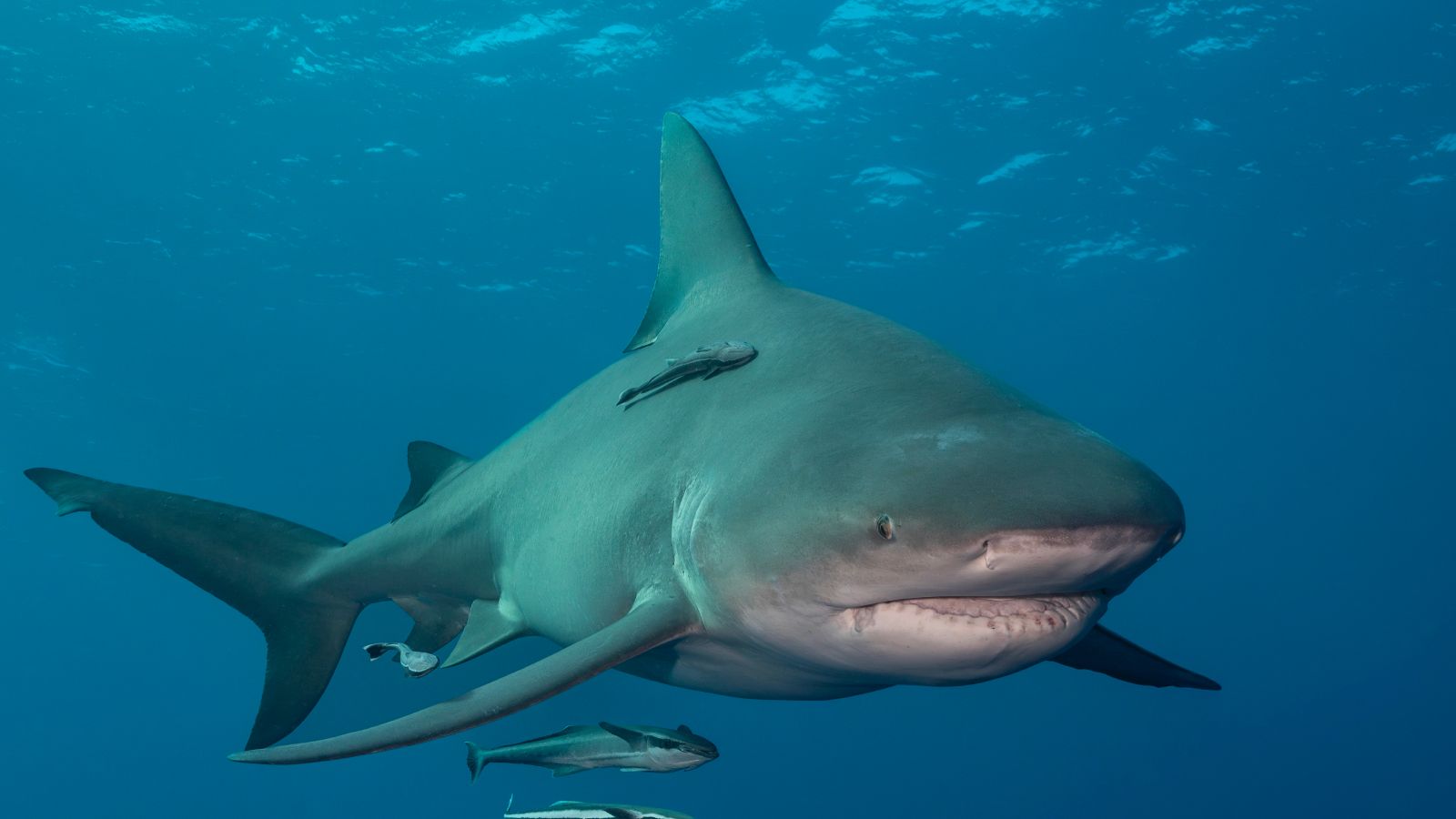
FLORIDA SHARK ATTACKS CAUSED BY HEAT, NOT SCARY ORCAS, EXPERTS SAY
Two recent shark attacks on a beach in Florida led to a flood of social media rumors linking the cases to the presence of orcas in the Gulf of Mexico. But this "doesn't make any sense," marine biologist Jesús Erick Higuera-Rivas, told Live Science.
On June 7, three people were injured in two shark attacks off the coast of Walton County, between Destin and Panama City Beach. Victims included a 45-year-old woman who was bitten near Watersound Beach, as well as two teenagers who were injured later the same day, around four miles east of the first attack.
The same bull shark (Carcharhinus leucas) was likely responsible for all three attacks, Walton County Sheriff's Office representative Corey Dobridnia told USA Today.
Recent sightings of orcas (Orcinus orca) in the same region led some people to speculate that the killer whales were driving bull sharks closer to the shore, where they were attacking people. Orcas had been seen on June 4 just south of Destin, about 75 miles (120 kilometers) from where the shark attacks occurred.
However, Higuera-Rivas says that the two events are "not connected." Higuera-Rivas studies orca behavior at the Pelagic Protection and Conservation Civil Association in Mexico, including their interactions with sharks and rays.
Related: Orcas are learning terrifying new behaviors. Are they getting smarter?
Despite observations of some orcas hunting great white sharks (Carcharodon carcharias) off the coast of South Africa and pursuing bull sharks in the Gulf of California, Higuera-Rivas says that the latest attacks are more likely due to the increase in human activity near where bull sharks feed near shore.
Similarly, the sightings of orcas in the region are also due to the rise in eco-tourism. "You see more images online about orcas being in [the Gulf of Mexico], but it's not because the orcas are appearing more and more often," he said. Rather, they're just being noticed more.
Because orcas have probably always been in the region, but are only now being photographed more, Higuera-Rivas believes the Florida attacks are unlikely due to their presence.
Gavin Naylor, the Director of the Florida Program for Shark Research at the University of Florida, also agrees.
Naylor told Live Science that orcas sometimes target sharks, but this tends to happen quite far off-shore. "There are so many places for sharks to hide away from orcas along the coast," he said, adding that it's unclear why the sharks would be driven to human-populated coasts, specifically. It seems especially unlikely that bull sharks would accumulate near the shore due to orca activity because the sharks also have the ability to hide in freshwater ecosystems.
Instead, Naylor suggests that the bull shark attacks are likely due to the bait fish moving closer to the shore, thus drawing the sharks in.
Recent hot, dry weather in Florida may mean that freshwater output from estuaries has fallen. "When there's less estuarine output, then the saltwater can come closer to the shore than it would normally do, and that brings with it the plankton and the bait fish that eat them," he said.
With the bait fish come the bull sharks, Naylor said.
2024-06-14T19:00:35Z dg43tfdfdgfd